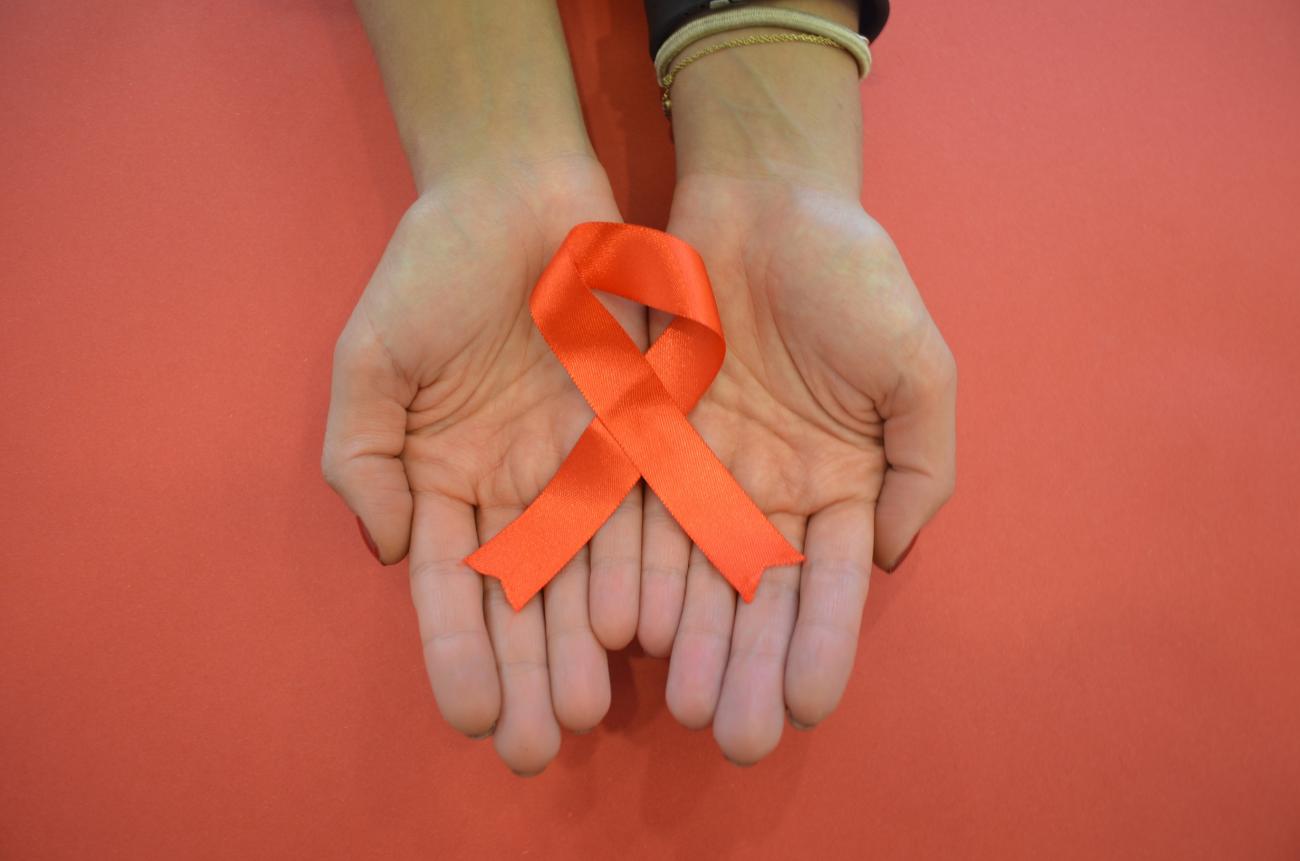Despite significant successes, the AIDS emergency is not over. HIV still infects 1.7 million people each year and kills some 690 000.
With the world’s attention focused on the COVID-19 crisis, World AIDS Day is a reminder of the need to maintain focus on another global pandemic that is still with us nearly 40 years after it emerged said UN Secretary-General.
"Despite significant successes, the AIDS emergency is not over. HIV still infects 1.7 million people each year and kills some 690 000. And inequalities mean that those who are the least able to stand up for their rights are still the most affected" stated the UN Secretary-General António Guterres on his statement issued for the World AIDS day.
Guterres reminded that COVID-19 has been a wake-up call to the world and inequalities in health affect everyone. "No one is safe unless we all are safe" he emphasized.
The HIV response has much to teach the fight against COVID-19 Guterres said and added: "We know that to end AIDS and defeat COVID-19 we must eliminate stigma and discrimination, put people at the centre and ground our responses in human rights and gender-responsive approaches."
Wealth should not determine whether people get the health care they need Guterres said and emphasized that the World needs a COVID-19 vaccine and HIV treatments and care that are affordable and available to everyone, everywhere.
"Health is a human right. Health must be a top investment priority to achieve universal health coverage. On this World AIDS Day let us recognize that, to overcome COVID-19 and end AIDS, the world must stand in solidarity and share responsibility" the UN Secretary-General said ending his statement.




